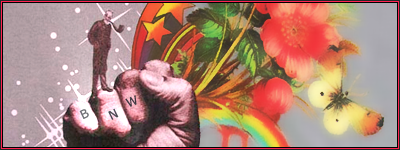Tsukatu wrote:blue_tetris wrote:A lot of people are really, really sure about stuff. A lot of people do tons of in-company research and planning before they make claims. But just because these people are certain about what they believe doesn't mean they should be given power by a government.
Personal certainty doesn't enter into it. I completely agree that a case that has no evidence aside from a single person's word doesn't hold water. I just assume that the RIAA is able to get hard evidence that can be backed up by logs from trackers (if subpoenaed or something) and at least one ISP, and that they only pursue the cases in which they actually have a fighting chance.
Do you mean to say that the CEO arbitrarily picks people he doesn't like and then files law suits based on a whim?
blue_tetris wrote:I am, of course, talking about Catholicism.
That's not a fair parallel; Catholicism has plenty of people who are really, really sure, but it's different from the circumstances I mentioned in that they have no reason for it, nor do they have any concrete, verifiable evidence.
blue_tetris wrote:Seriously, the RIAA is a corporation. That is to say, it's a private entity. If one private entity can be given the ability to arrest citizens it accuses without due process, than why can't another?
I never said any of that!
I agree that the RIAA only files lawsuits when they are
really really sure. But the initial post was about how the government of New Zealand forces ISPs--that is to say, these private organizations are forced to do the will of the government--to drop clients when those clients are accused--but not convicted--multiple times of a given crime. So, if a jury of your peers finds you innocent on all accounts but you keep getting accused of the crime, they can still default to a
trial by fire. If the RIAA
really did their research, then they wouldn't need to sanction people in for just being accused of a crime; they should be able to convince a jury of that crime as well.
To this, you responded:
Suki wrote:Doesn't the RIAA only ever make accusations when they have supporting evidence?
Which meant to imply that you thought it was okay, because agencies like the RIAA only make accusaations when they're
totally sure about something and the need for a jury becomes largely moot. You continue to insist that I'm saying the RIAA (and other organizations capable of accusing people of infringing copyrights) don't do their research. It's not about that. It's about the fact that the NZ government takes these mere accusations from
any organization that makes accusations about copyright infringment--not just the RIAA--and uses the fact that people are accusing each other of things to force other companies, ISPs, to do things.
So, in this argument, you are either arguing that accusation without due process about a specific crime (copyright infringement, being a witch, etc.) is enough to allow the government to force the hand of a third party organization; or you are arguing that private organizations should not be able to use the government to impose arbitrary sanctions on other private organizations by referencing a specific law.
Yeah, we
trust everyone who accuses people of copyright infringement. Why shouldn't we? But that doesn't mean we give them any more power than anyone else accusing someone of a different crime.
In the end, it's kind of a catch-22: If the RIAA sucks at showing proper evidence and getting a conviction, then their accusations are proven baseless by a jury and the law is unfair because it allows them to get their way without proper evidence; if the RIAA is able to convince a jury that a person is guilty after accusing them, then their accusations are carried out and we don't need the law.










 [/spoiler][spoiler=Puzzle of the Exuberant!]
[/spoiler][spoiler=Puzzle of the Exuberant!]

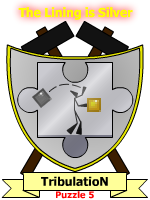
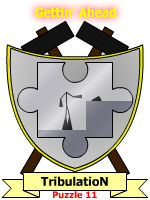
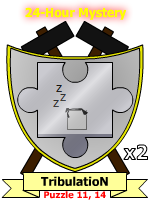
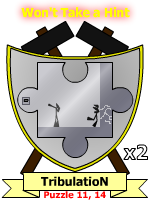
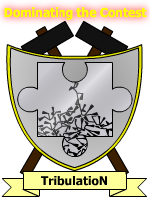 [/spoiler]
[/spoiler]